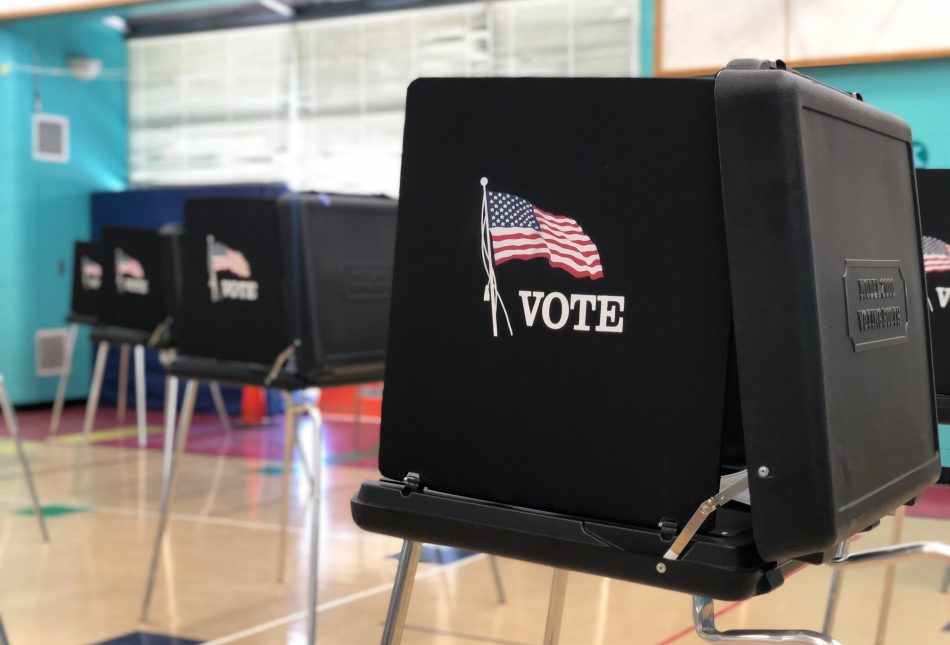RGF op-ed 40% threshold is reasonable and cost-effective


The following appeared in the ABQ Journal on June 2nd, 2024.
A proposal now moving through Albuquerque City Council put forward by councilors Dan Lewis and Klarissa Peña would, if adopted Monday, put a measure on the ballot allowing voters to decide whether to revamp the procedures for electing candidates in the city.
Instead of an outright majority, candidates for city offices would simply need to get above 40%.
The idea is to eliminate most of the special elections we’ve seen in recent years where candidates don’t get an outright majority in a three or even four-way race. Those runoffs are expensive with a recent runoff election in a single council seat costing $750,000.
A May 15 Journal article by Democrat Sen. Katie Duhigg attacks the idea as “anti-democratic,” but it is hard to see why. Rather, it seems like liberals and their aligned groups simply want to preserve their own political power and not have another RJ Berry election (see below).
Runoff elections achieve much lower overall vote totals than do regular elections. For example, in the District 6’s 2023 general election the results were:
Nichole Rogers: 2,974 votes
Jeff Hoehn: 2,400 votes
Kristin Greene: 1,329 votes
Abel Otero: 706 votes, even though he’d dropped out of the race
Total votes cast: 7,409
In the runoff Rogers received 2,416 votes and Hoehn received 2,209 for a total of 4,629 votes cast.
So, there were just over 60% of the votes cast in the runoff relative to the general. Rogers achieved 40% in the initial round of voting anyway. So, by eliminating the runoff election, in this case, you’d wind up with a candidate that receives a larger number of votes. That is the epitome of “democracy.”
And the cost to taxpayers for the additional round of voting was three-quarters of a million dollars. Those are dollars that could be used for other city priorities or returned to Albuquerque taxpayers.
Strangely, but not surprisingly, Duhigg and the “progressive” Democrats prefer the current system since it maximizes their power. That’s because in local politics there are many strands of Democrats from moderates to left-wing “progressives.”
The current system allows the various factions of the local Democratic Party to battle for power — on the taxpayers’ dime.
Duhigg does correctly note that RJ Berry, a Republican, won his first election, 2009, without hitting 50% in his first election in a three-way race — his win spurred Democrats to change the system.
Of course, Berry won reelection with more than 68% of the vote, which Duhigg fails to mention. While Berry’s record as mayor is in retrospect tarnished by police misconduct and his ill-advised ART bus system, Berry’s win with less than 50% of the vote only caused problems for Democrats annoyed that a Republican won the mayor’s race.
The proposal is P-24-1 and is being voted on at Monday’s City Council meeting. If it passes voters will have the final say.
Paul Gessing is president of New Mexico’s Rio Grande Foundation, a research and educational organization dedicated to promoting prosperity for New Mexico based on principles of limited government, economic freedom and individual responsibility.
